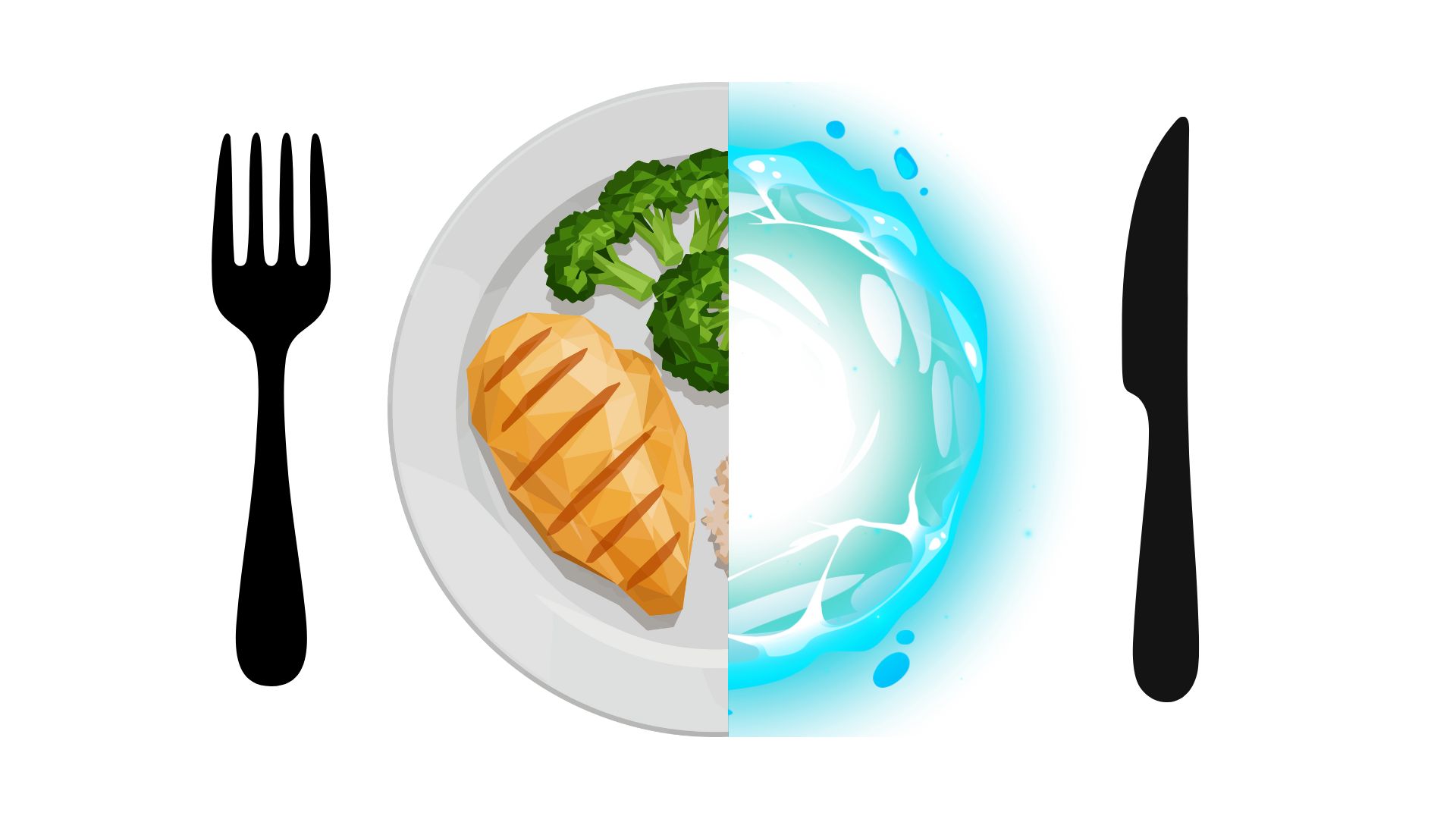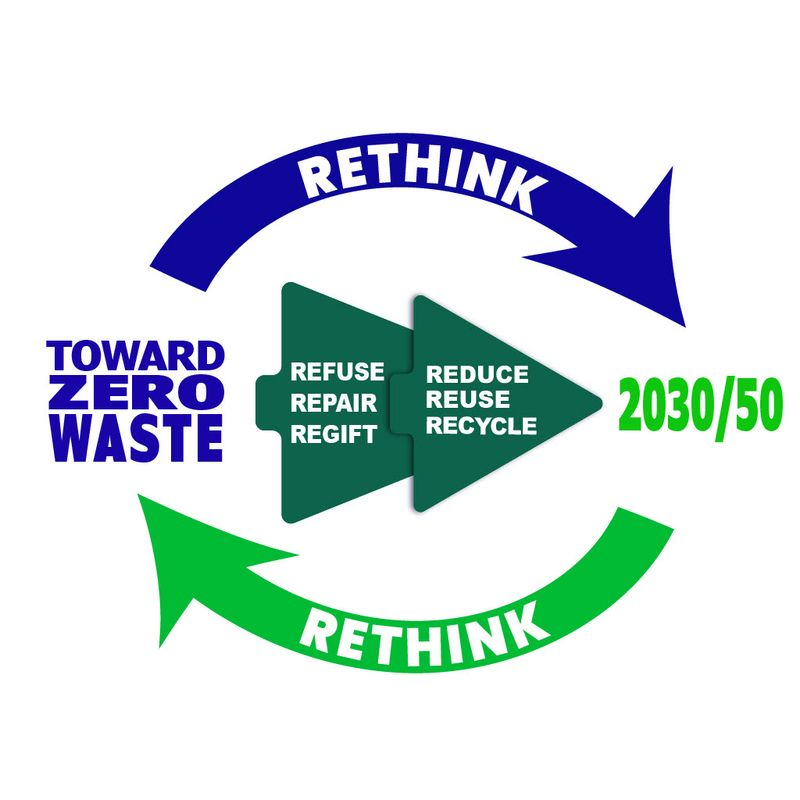Commentary
Rethinking Bottled Water

Editor’s note: This is one in a continuing series of guest opinions about fostering environmental stewardship. The series is coordinated by ACES, the Alliance of Climate and Environmental Stewards.
Bottled water use skyrocketed over the past couple of decades due to its convenience, the benefits of hydration, its ubiquitous availability and the perception it is better quality than tap water. Beverage companies have marketed bottled water as clean, fresh-tasting water that is so much better than our tap water.
But plastic bottle pollution is reaching critical levels here in the U.S. and across the globe. It’s astonishing how many plastic bottles do not get recycled and end up in our environment.
We all live in a seaside community where we can see evidence of plastic bottle pollution every time we walk the beaches. Single-use plastic bottles are bad for the environment, our oceans, aquatic life and now our own health.
Now, years later, we see the evidence building up in our landfills, our oceans and along our seashores. Several towns in Massachusetts, including Arlington, Concord, Brookline and several Cape Cod towns, have even banned the sale of single-use plastic bottles.
The call to action: Stop buying bottled water (and using single-use plastics in general).
What’s wrong with tap water? We all grew up drinking a glass of water from the kitchen sink. What changed?
Evidence mounted that even our tap water is not always safe to drink. The EPA and state agencies regulate the quality of our tap water by requiring testing and reporting of certain contaminants in our drinking water, and report to customers when there is a violation in the minimum quality standards.
Water departments are about to publish and mail this year’s required water quality report, which covers 2021. Watch for it in your mail. Many experts believe the standards set by the EPA are outdated and too loose, with many contaminants still going unregulated.
All of this contributes to our trust or lack of trust in our drinking water. Regardless,
“More than 50 percent of thousands of Americans surveyed by the Environmental Working Group say their tap water is unsafe and 40 percent won’t or can’t drink it.” (www.EWG.org, May 2022)
The solution to both problems – refillable water bottles.
Start using refillable water bottles and use filtered/purified water. That is the best way to get clean, healthy, great-tasting water without the single-use plastic bottles. Most of the bottled water we buy is filtered, purified tap water anyway.
Sad reality of plastic bottles
Nearly 300 million metric tons of plastic waste are produced every year. That number is growing by about 9% per year. It takes up to 1,000 years for a single water bottle to decompose.
Our plastic bottles are not really getting recycled. The U.S. generates more than 35 million tons of plastics but recycles just 8.3% of it. Americans throw away 35 billion empty water bottles a year.
Plastics are entering our oceans at an alarming rate. Two billion plastic bottles “leaked” into the oceans in 2016. That’s the equivalent of a truckload of single-use plastics every minute of every day. By 2040, the amount of plastic waste in the ocean will triple and will equal the weight of fish and aquatic mammals.
Bottled water production and distribution has an enormous carbon footprint: It takes almost 2,000 times the energy to manufacture a bottle of water than it does to produce tap water. It takes three times the amount of water in a bottle of water to make it as it does to fill it. Then, each week, it takes 40,000 18-wheeler trucks on our roads just to deliver our bottled water.
Bottled water contains microplastics. Research at the State University of New York at Fredonia showed that 93% of tested bottled water had microplastics contamination. About 70,000 microplastic particles are consumed by an average person each year.
Local resource to consider
There are a variety of systems that are available from various retailers and companies. Blue Ribbon Water of Newburyport is one firm that is committed to the reduction of single-use plastic bottles in our environment by providing systems to filter your own water for refilling your bottles. They work to educate the public about plastic bottle pollution and posting the latest water quality data on their website www.blueribbonwater.com.
Bill Cooper is a co-founder of Blue Ribbon Water in Newburyport.
This column was coordinated by ACES youth corps member Caleb Bradshaw. To share any comments or questions, please send an email to acesnewburyport@gmail.com. To learn more about ACES and its Youth Leadership Initiative, visit https://www.aces-alliance.org.
.svg)




.jpg)
